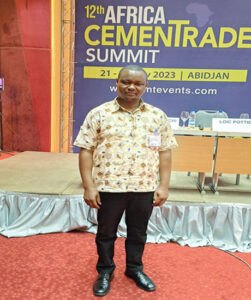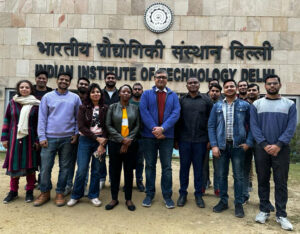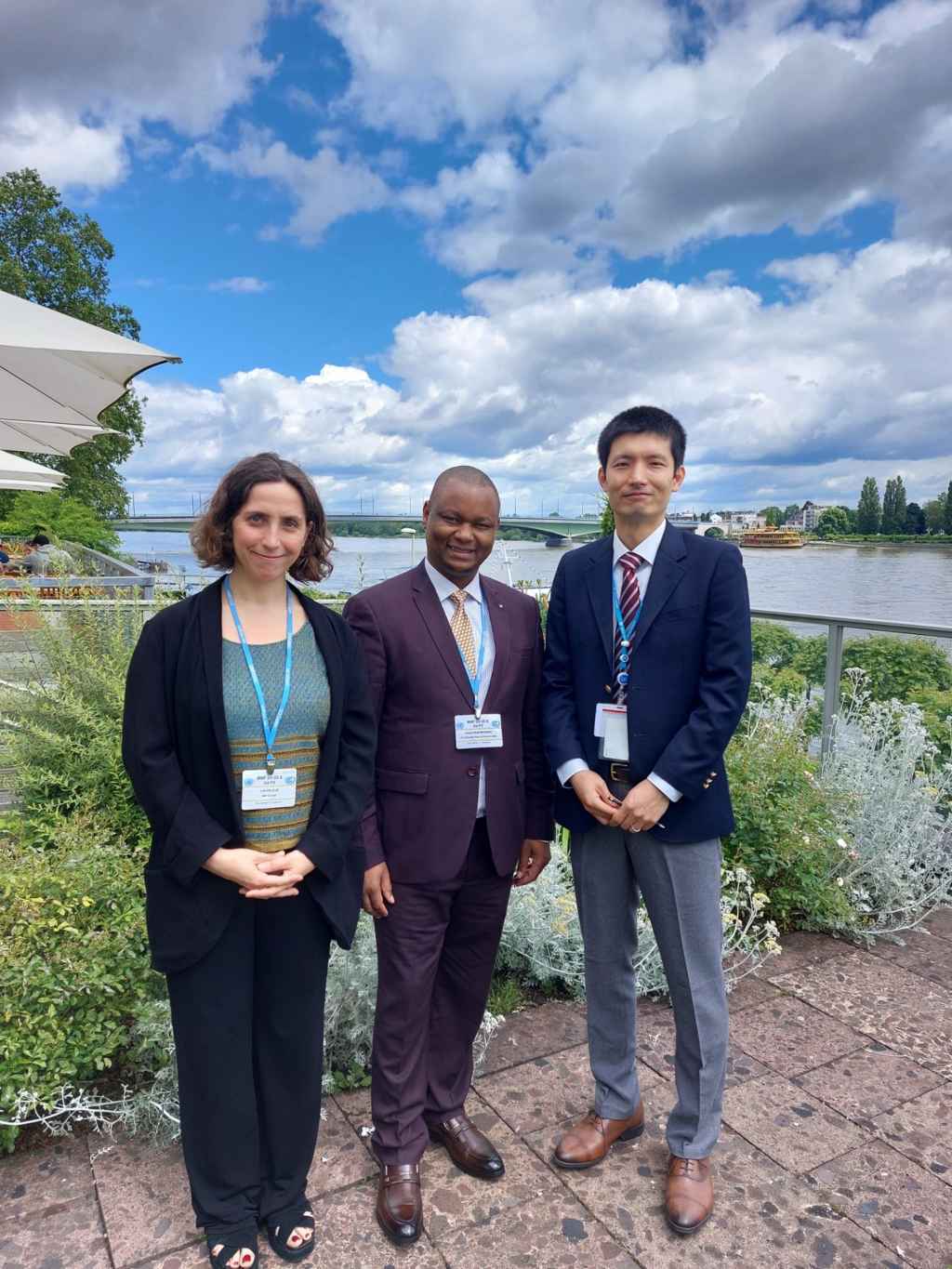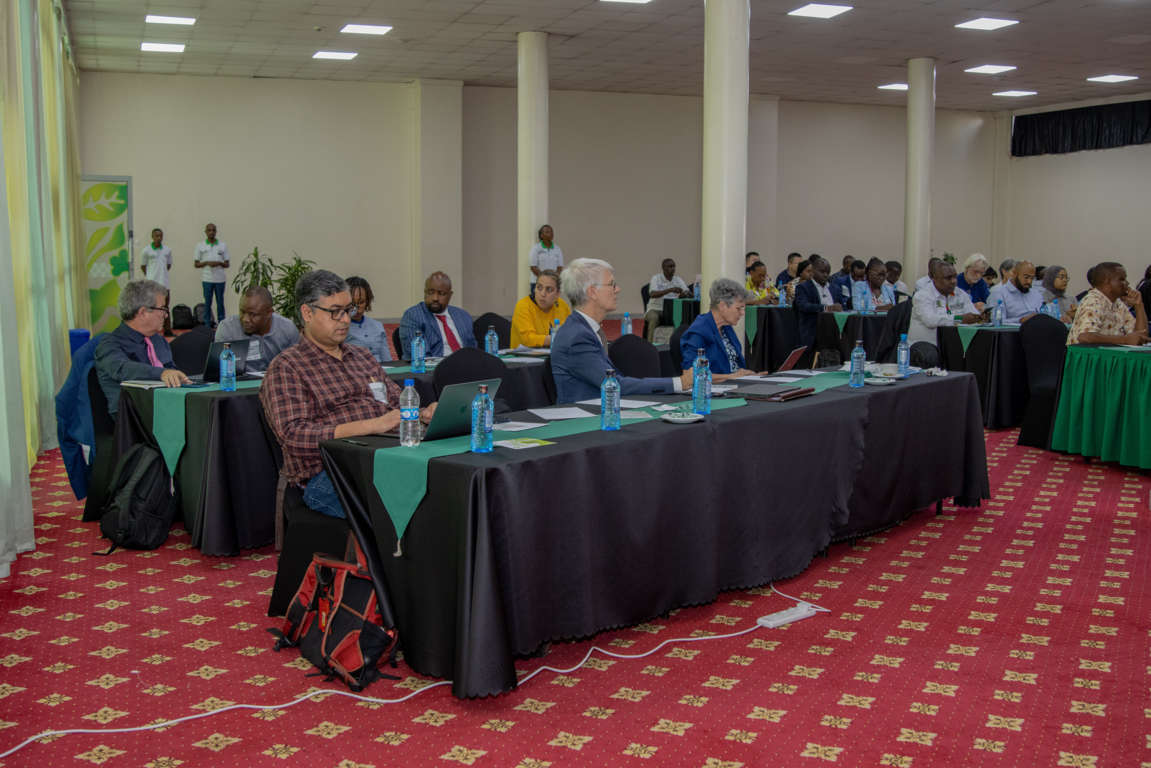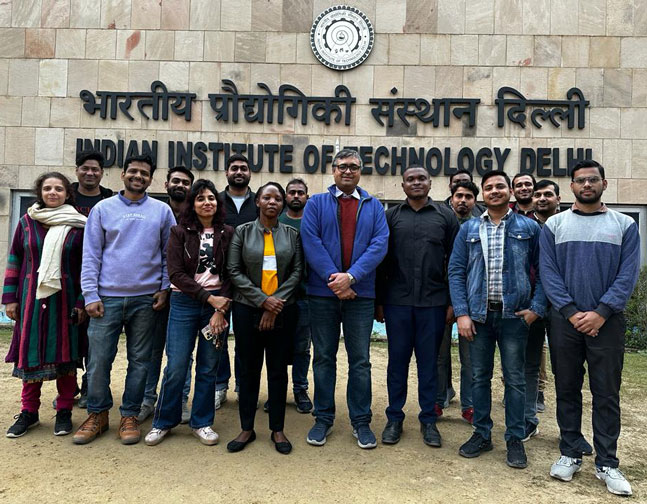Building a Sustainable Future: Unlocking Africa’s Potential in the Construction Industry
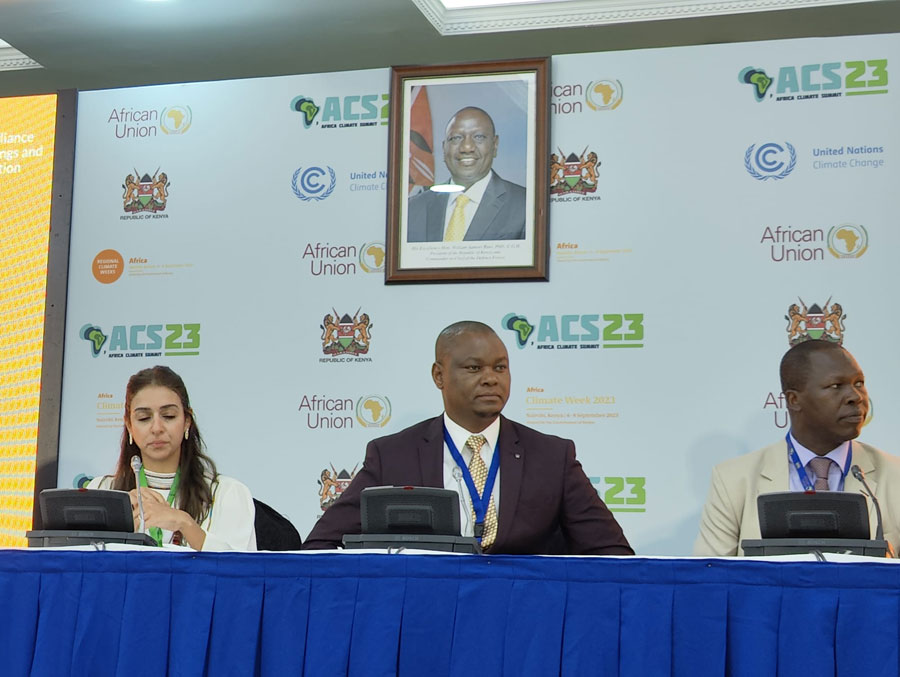
Africa Climate Week
In a bid to address the impending challenges and opportunities associated with Africa’s booming construction sector, the Africa Climate Week 2023 featured a core session that delved into the heart of sustainable development in the industry. Under the theme, “Building a Sustainable Future: Unlocking Africa’s Potential in the Construction Industry,” the core session, held at the Aberdares Hall, Kenyatta International Convention Centre (KICC) in Nairobi, Kenya, brought together key stakeholders and global leaders in a concerted effort to drive transformative change.
Population Surge and Construction Challenges
Africa’s population is projected to double by 2050, reaching approximately 2.4 billion, sparking a surge in construction. With over 80% of this expansion expected in urban areas, the implications for the construction industry are significant. The current pace of expansion in the construction sector, responsible for 37% of energy-related CO2 emissions and 50% of extracted materials, raises urgent concerns about environmental impact, resource consumption, and exacerbation of social and environmental imbalances.
The Urgent Need for Sustainable Practices
The construction sector’s resource consumption, especially in steel and cement industries, is projected to dominate the continent’s fast-growing economies, contributing to a substantial increase in building material-related emissions. High dependence on imported materials and fossil-fuel-based electricity further emphasize the pressing need to embrace sustainable construction materials and low-carbon development strategies.
Holistic Approach and Collaboration
To address these challenges, the core session emphasized the importance of a cumulative approach across the buildings and construction sector. The event advocated for a whole-life and systems-thinking approach, promoting multi-stakeholder engagement and cross-industry collaboration. The current siloed approach in the built environment process, from material extraction to disposal or reuse, hampers collective action necessary to decarbonize the sector.
Embodied Emissions and Regulatory Frameworks
The discussions highlighted the significance of considering embodied emissions, in addition to operational carbon, in strategies to reduce emissions. While many African countries have joined global efforts to reduce greenhouse gas emissions by including buildings in their Nationally Determined Contributions (NDCs), challenges persist. Sub-Saharan Africa, in particular, faces issues such as the lack of mandatory codes, financing, and supporting research and development.
Innovative Solutions and the Buildings Breakthrough
The core session featured a panel discussion that showcased innovative solutions and initiatives driving change in Africa’s construction industry. Dr. Joseph Mwiti Marangu, Head of LC3 Technology Resource Centre for Africa, Sarah El Battouty, Chairman Founder & CEO of ECOnsult, and Nzambi Matee, Head of Gjenge Makers Ltd. & UNEP 2020 Young Champion of the Earth, shared insights into low-carbon construction, sustainable materials, and the circular economy.
Moving Forward: Transformative Change
The event concluded with a call to action, emphasizing the need to raise awareness, promote sustainable practices, foster collaborations, enhance capacity building, and invite countries and initiatives to support and join the Buildings Breakthrough Target. The outlined key outcomes include knowledge sharing, inducing policy reform, scaling up finance and investments, and creating employment opportunities in the construction sector.
The focus on sustainable development in the construction industry is expected to reverberate, influencing policies, practices, and collaborations that will shape the future of construction across the continent. The commitment to building a sustainable future is evident, setting the stage for a transformative journey towards environmentally conscious construction practices in Africa.




